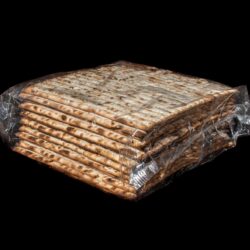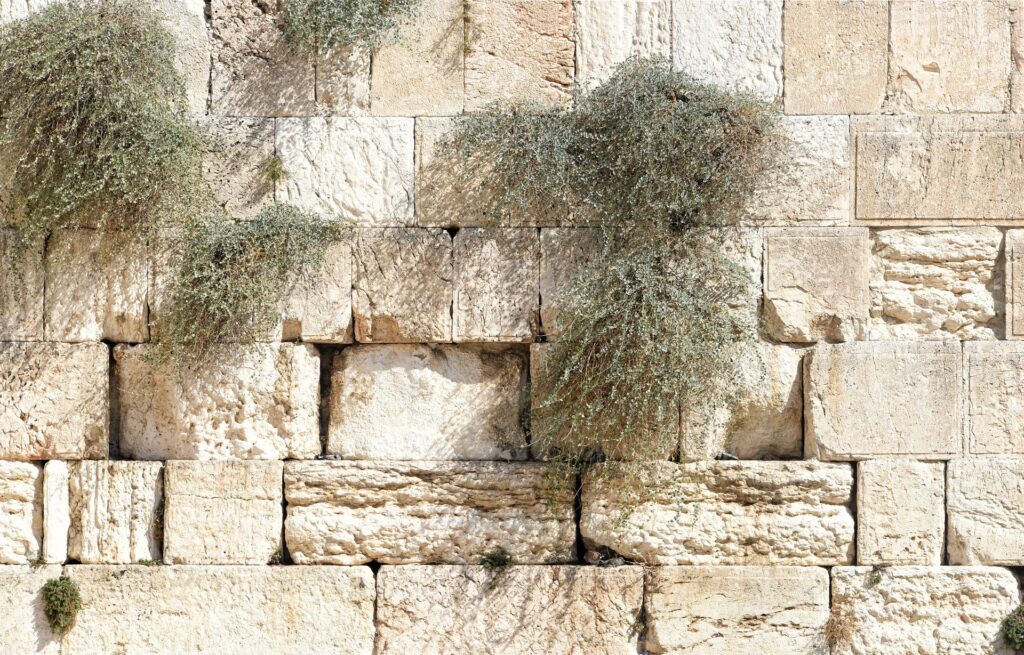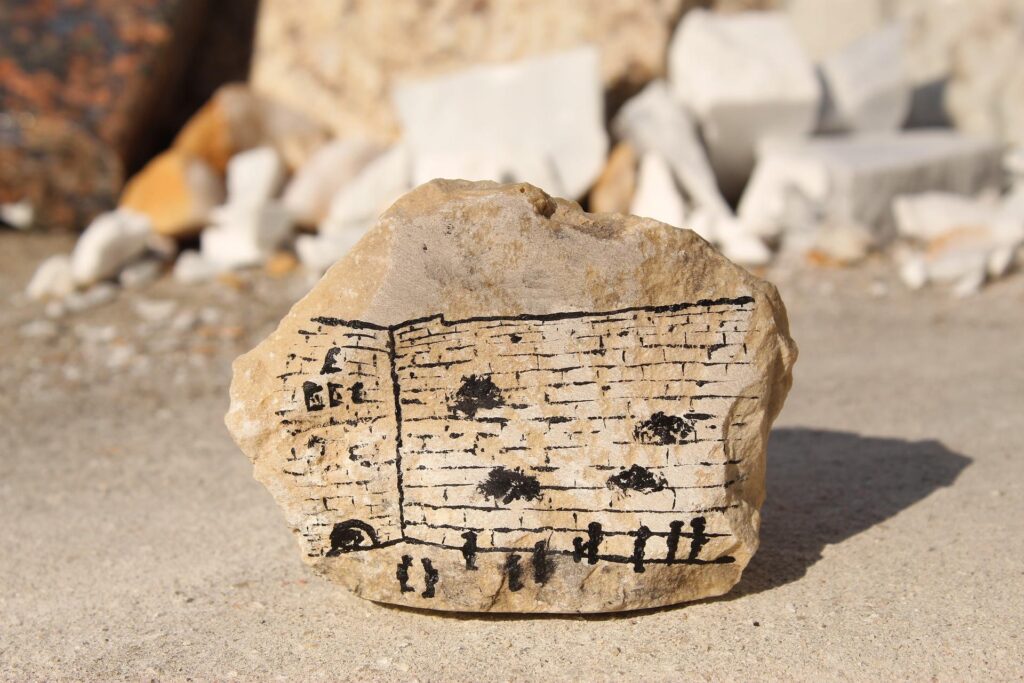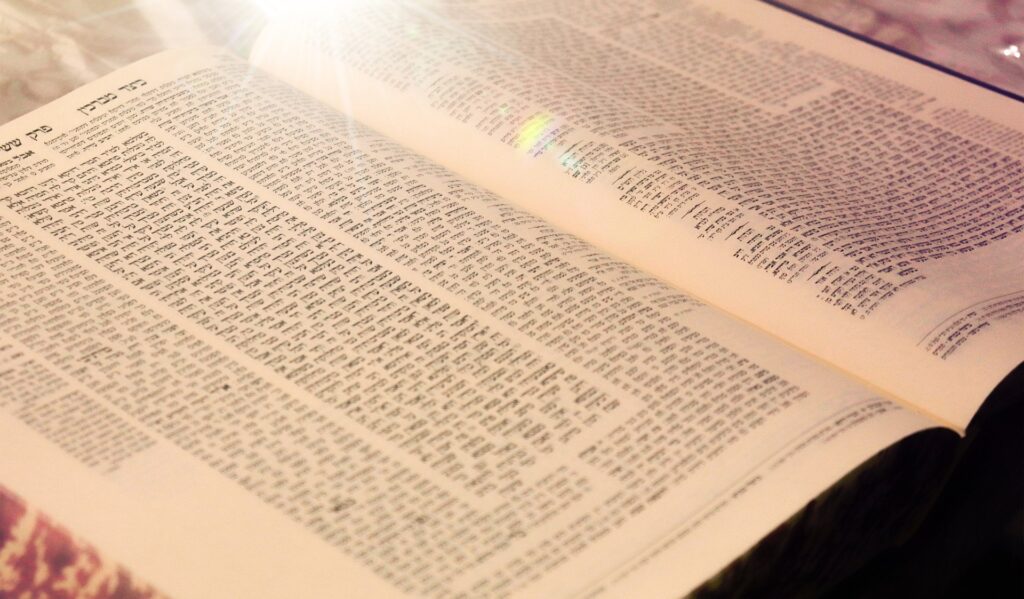
-
7 years ago
Shabbos HaGodol
Zeh korban Aharon u’vanav asher yakruv l’Hashem b’yom himashach oso … v’haKohen hamashiach tachtav mibanav ya’aseh osah (6:13-15) The Torah describes ..
Written by Oizer Alport
-

-
7 years ago
Pesach: The Four Sons
We are all familiar with the ‘four sons’, but have we ever taken the time to think about why this passage is in the Haggadah? In truth it embodies the essential ..
Written by Josh Phillips
-
7 years ago
Freedom: Matzah or bagels?
Q: It’s true that when we were taken out of Egypt we only had time to bake Matzah, and therefore on seder night the eating of the matzah symbolizes freedom. However, ..
Written by Jonathan Caller
-
7 years ago
Pesach: Tam
Tam- The Simple Child ? We are all familiar with the simple child in the Pesach Haggadah’s Four Questions. Tam in this context is normally interpreted to mean ..
Written by Anonymous
-
 7 years ago
7 years agoPesach: Matzos = Mitzvos
It is no coincidence that the word Matzos is exactly the same word as mitzvos. For matza to be ‘non chametz’ it must be baked within 18 minutes – ..
Written by Moshe Kormornick
-
7 years ago
Pesach: Going Through Time
Rabbi Desler in Michtav m’Eliyahu explains regarding Pesach that man does not stay still with time passing him by. ie. monday comes and goes, tuesday…shabbos….pesach ..
Written by Moshe Kormornick
-
7 years ago
Pesach Teaser Discussions: Are we really free?
What does Freedom actually mean to you (each person)? Free to do what you actually want without someone preventing you, pharaoh – physically enslaving our bodies ..
Written by Gshmack
-
7 years ago
Pesach: Aveilus vs. Yom Tov
The Mishna in Pesachim (117) corresponds certain negative sensations with their positive counterpart. I was wondering why “avel” (mourning) directly ..
Written by Moshe Kormornick
-
 7 years ago
7 years agoSYMBOLISM AT THE SEDER – WHO’S NUMBER ONE???
The entire Seder ceremony is replete with symbolic gestures. We drink four cups of wine to represent four Biblical expressions of redemption. We dip and lean like ..
Written by Ben Rose
-
7 years ago
WHY 4 CUPS
Here’s a question everyone asks…Why do we drink four cups of wine at the Seder? The most famous answer to this question revolves around two verses in Sh’mos/Exodus ..
Written by Anonymous










